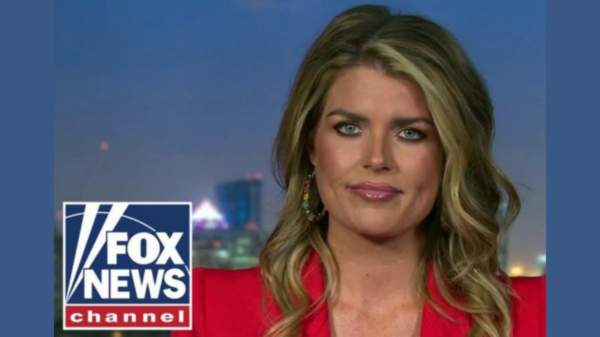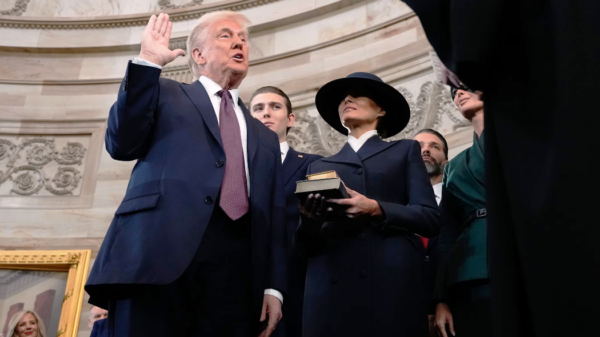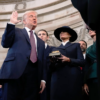By Vincent L. Hall
It is far from a revelation to say that Americans are hurting right now. Between the pandemic and the ensuing economic hardships, people across the country are longing to return to their pre-COVID lives. To launch this revival, Congress is looking to pass a historic multi-trillion-dollar reconciliation package hoping to put money back into the hands of working Americans and the economy.
In the attempt to generate funds to offset the reconciliation package, the federal government proposes to raise the federal excise tax on all tobacco products. The federal excise tax on tobacco hasn’t been increased in nearly a decade, and for a good reason.
A 2017 survey by the University of Colorado Medical Campus found that “half to three-fourths of smokers have one or more low-socioeconomic disadvantages, and the lowest socioeconomic categories have the highest smoking rates.” In other words, tobacco use is now concentrated among the poorest, least advantaged members of our society.
A proposal of this magnitude comes at a cost, and somebody has to ante up. But, unfortunately, despite promises not to raise taxes on Americans making less than $400,000, this tax could land heaviest on those who can afford it least.
The Tax Foundation concludes that increases in excise taxes on tobacco products burden the lowest income earners 37x more than if equivalent funds were raised through income taxes. This disparity is far from equitable and creates a “reverse-Robinhood” effect.
Democrats cannot continue to support these proposals if they wish to remain true to themselves and President Biden’s promise. Now is the time to seek out progressive policies that help alleviate the undue stress working-class Americans face.
Another casualty of this proposal will be local convenience stores which have already been overwhelmed by the pandemic. With nearly 35% of convenience store sales coming from tobacco products, this policy threatens to have a devastating effect. Many of these businesses are already on the brink of bankruptcy, leading to layoffs and greater unemployment.
It’s a sad commentary, but convenience stores offer the only viable access to shopping in communities situated in food deserts. Food insecurity, again, is an issue that disproportionately affects minority communities in America.
Of the 254 counties in Texas, 58 or 4 million Texans are currently experiencing food insecurity. If convenience store owners are burdened with the effects of this proposed tax shut down, millions of Texans already lac- king proper nutrition will be further harmed.
Legislators contend that their focus is on crafting bills to uplift the down-trodden and bring us out of this terrible pandemic. But, unfortunately, their reconciliation bill could contain components that counteract their stated intent and set our communities further back. To help our lower- -income communities, we need to find answers that level their tax bur- den.
As a former smoker, who can breathe now, I am not promoting tobacco use. Cigarettes were a measly 15 cents a pack as late as the mid-1970s, and it is easy to see how a “tax” like the one being proposed now may have discouraged millions of smokers.
Further, there are decades of data that reveal the harsh consequences of tobacco consumption. Finally, the tobacco industry has a sullied history of false statements and advertising.
It is noble that our legislators want to help promote smoking cessation in our vulnerable communities. However, maybe they could start by accurately weighing the risk associated with different tobacco products to encourage safer habits. The current efforts to tax nicotine vapor devices, which are 95% less harmful than cigarettes, at the same rate is wrongheaded. This tax will only push individuals who have successfully kicked their deadly habits back to combustible cigarettes.
Americans from all backgrounds are looking towards Washington to receive long-overdue aid. Policy- makers appear inclined to meet this call through their all-encompassing reconciliation bill. Still, unless they structure it without employing regressive measures, we may find that those Americans who can afford it the least will end up paying the most. Again!
Vincent L. Hall is an author, activist, and an award-winning columnist.









You must be logged in to post a comment Login